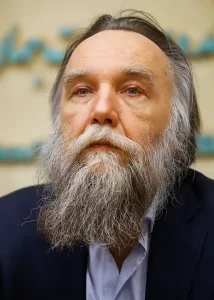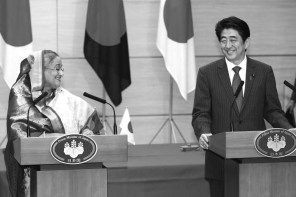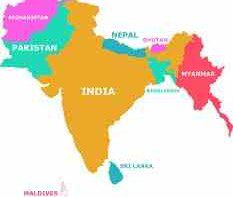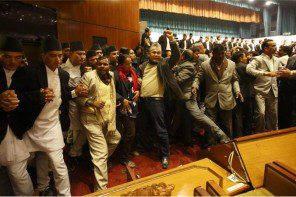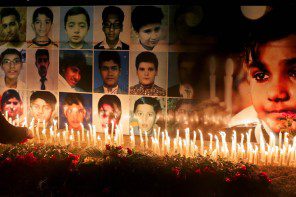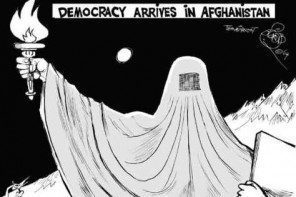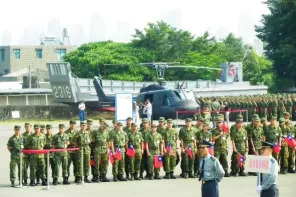Who is Alexander Dugin?
Alexander Dugin is a Russian political theorist and philosopher who has been described as one of the most influential figures in Russian intellectual circles. He is known for his nationalist and conservative views, and he has been associated with the concept of Eurasianism, which promotes the idea of a distinct Russian-led civilization that includes Europe and much of Asia. Dugin has been influential in shaping the Kremlin’s foreign policy and has been described as a leading ideologue of Russian President Vladimir Putin.
Alexander Dugin was born in Moscow in 1962 and received his education at Moscow State University, where he studied sociology and political science. He began his career as a political activist in the 1980s, and in the 1990s he became involved in the Russian nationalist movement. Dugin’s ideas have evolved over time, and he has written extensively on a range of topics, including politics, culture, and religion.
Alexander Dugin’s ideas
Ideological lineage
Alexander Dugin was involved with various nationalist and ultranationalist organizations in the 1980s and 1990s. In 1988, he joined the ultranationalist anti-Semitic organization Pamiat’, but left the following year due to ideological differences. In the 1990s, Dugin founded several institutions, including the Arctogaia Association and a publishing house, and began contributing to the patriotic newspaper Den’, where he promoted Eurasianist theories. He was initially supported by nationalist thinker Alexander Prokhanov, but Prokhanov eventually rejected Eurasianism for being too focused on Turkey.
During the years 1998 to 2000, Alexander Dugin’s political views underwent a transformation and he began using strategies of entryism to influence both youth counter-culture and parliamentary structures. He moved away from supporting opposition parties such as the CPRF (Communist Party of the Russian Federation) and LDPR (Liberal Democratic Party of Russia) and instead supported the centrist prime minister, Yevgeny Primakov.
Alexander Dugin’s Eurasianism
Alexander Dugin is known for promoting the ideology of Eurasianism. Eurasianism is a geopolitical and cultural concept that emphasizes the distinctiveness and unity of the peoples and cultures of Russia and the countries of the former Soviet Union, as well as their shared spiritual and cultural values. According to Dugin, Eurasianism represents a Third Way alternative to both Western liberalism and Eastern communism, and advocates for the creation of a new supra-national union of sovereign states that would stretch from Lisbon to Vladivostok. Dugin has also argued that Russia has a special mission as the leader of the Eurasianist project, and has called for the country to reassert itself as a great power on the global stage. Critics of Dugin and Eurasianism have accused him of promoting authoritarian and nationalist ideas, and of seeking to legitimize the Russian government’s expansionist and aggressive foreign policy.
Critique of the liberal world
One of Dugin’s central themes is his critique of the liberal world order and the West, which he views as being in decline. He argues that the West has lost its cultural and moral foundations, and he advocates for a return to traditional values and the rebuilding of strong national states.
Critique of globalization
Dugin has also been critical of globalization and has argued that it has led to the erosion of cultural identity and national sovereignty.
Anti-semitism
In addition to his political views, Alexander Dugin is known for his controversial views on race and ethnicity. He has been accused of promoting anti-Semitic and racist ideas, and he has been linked to far-right and extremist groups in Russia and elsewhere. Dugin has denied these accusations and has stated that his views have been misrepresented.

